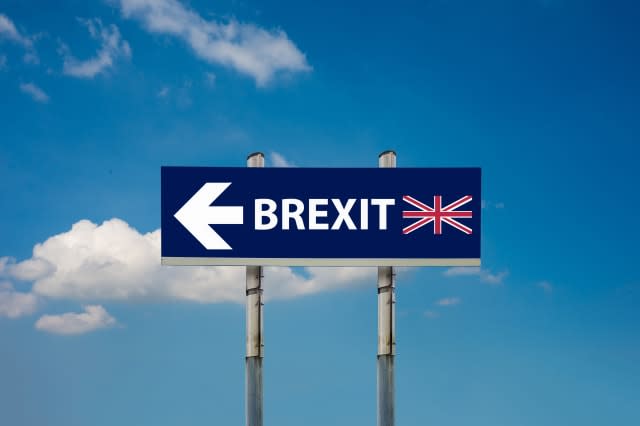What's the difference between a hard Brexit and a soft Brexit?

What do we know about Brexit so far? Handy soundbites have told us that Brexit means Brexit, and that no deal is better than a bad deal. Unsurprisingly, it's clear as mud to the vast majority of us.
At the moment, the debate is almost entirely focused on whether we should be gunning for a hard Brexit, or negotiating a soft one. And while this seems every bit as opaque an argument, it is actually a bit more meaningful. It's therefore worth getting to grips with what a 'hard' and 'soft' Brexit actually look like if any of the heated debate over the issue is going to make any sense at all.
See also: Queen's Speech: what it means for your money
See also: Holidaymakers' pounds go less far this year due to post-Brexit vote slide
Hard Brexit
Naturally, given that politicians are actually making all of this up as they go along, there's no fixed and exact definition of a 'hard' Brexit, so different politicians use the term to mean slightly different things.
However, the general sense of the phrase is that in a hard Brexit, the UK would leave the EU, and remain distant from it. This is the kind of Brexit that Theresa May announced in her speech to the Conservative Party conference.
It would refuse freedom of movement, and the European Courts would lose jurisdiction. At its most extreme it would quit Europe with no deal of any kind in place.
This would have the advantage that politicians would not have to compromise on the kinds of things Brexiteers voted for - like free movement of people. However, it would mean no special arrangements of any kind, so the UK would leave the single market, and (in the short-term at least) trade with it based on World Trade Organisation rules.
This would be likely to mean that goods traded between the EU and UK would have tariffs and trade restrictions. It could face tariffs of 10% on goods exported to the EU and a ban on any number of things from flights to the EU to lorry transportation, which would make life for exporters much more difficult. Given the importance of the EU for UK trade, clearly there's a downside to a hard Brexit.
In the long run, the effect of a hard Brexit would depend on the deal that is done regarding trade. Those who believe the UK is in a position to negotiate a favourable deal are highly enthusiastic about a hard Brexit. They point to the example of Canada, which has agreed preferential access to the single market, without free movement or EU budget contributions.
They add that it would free the UK up to make individual deals with other countries, and are optimistic that this could be done on better terms than those imposed by membership of the EU.
Soft Brexit
Politicians who are less confident about the strength of the UK's negotiating position cannot see a favourable deal on the table, so tend to favour a soft Brexit. It's seen as a way to reduce the inevitable damage and disruption Brexit will bring about, by trying to retain as many of the advantages of being in the EU as possible.
It could mean some sort of membership of the European Union single market, possibly in return for accepting some compromises on freedom of movement and payments to the EU budget. The UK wouldn't then have to worry about securing a favourable trade arrangement with the EU, would keep tariff-free trade, and be part of the custom's union. However, critics argue that it would not improve the country's prospects for trade with other countries, and doesn't constitute 'taking back control'.
Alternatively, it could mean making a number of compromises in order to secure access to the single market. This could reflect the position of Switzerland, which has accepted free movement and budget contributions in return for access to the single market. This approach has similarly been criticised for failing to secure an end to freedom of movement - which is crucial for some Brexiteers.
It could also mean a limited free-trade agreement, to ensure tariff-free trade - so there would be less disruption. This could potentially avoid compromises on things like freedom of movement. However, there would be no other agreement on things like services - which for a service-based economy would have its limitations. Of all the 'soft' options, this is seen as the most likely.
Which will we pick?
A soft Brexit has a number of supporters within all the major parties - particularly among MPs who have previously voiced their wish to stay in the EU. The Labour Cabinet recently saw a number of high profile sackings after shadow ministers backed a Queen's Speech amendment backing a soft Brexit.
However, the government and the leader of the opposition are committed to a hard Brexit, and negotiations have begun on this basis. It's difficult to know what will take place during the next two years, but for now, it appears that the hard Brexiteers have the upper hand.



